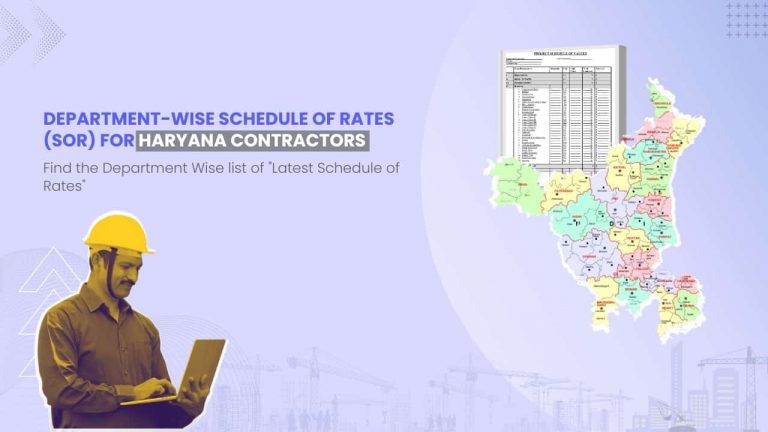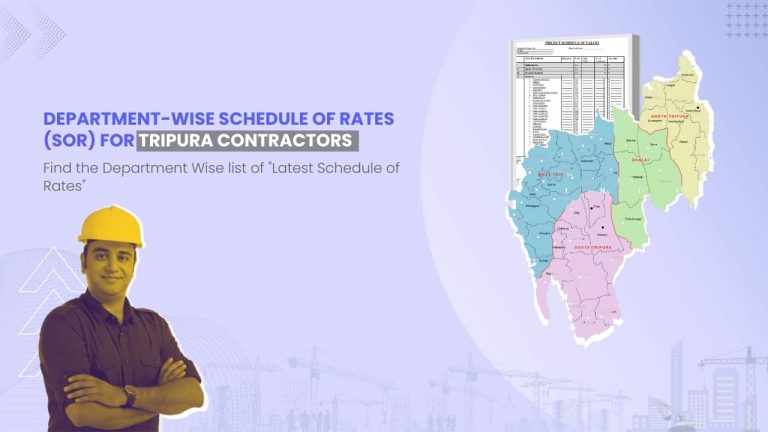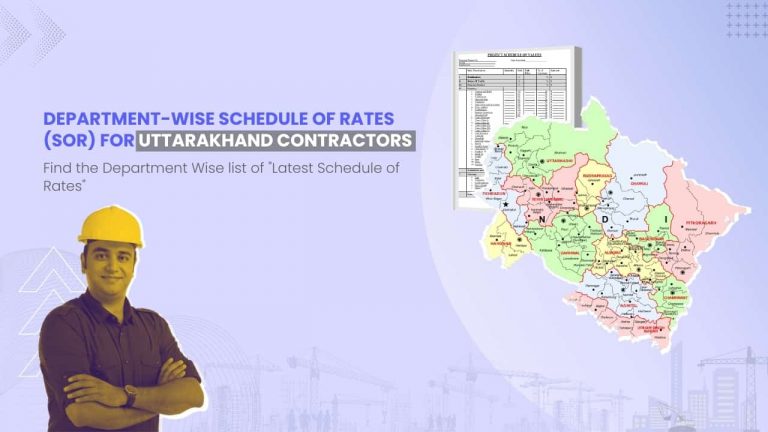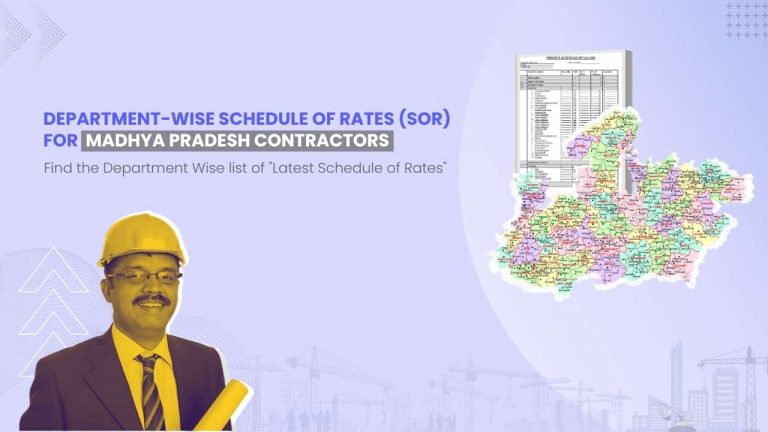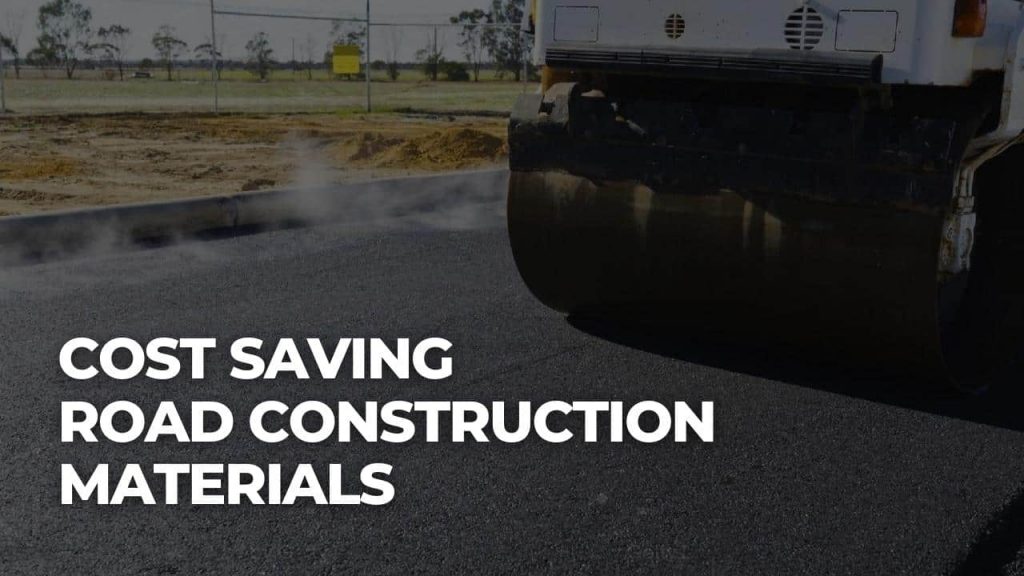
Road construction involves installing soil stabilizers, asphalt, concrete, and other materials on a defined path to create a smoothed or paved surface where vehicles can move on between two destinations.
This complex process involves paving, rehabilitation, and reclamation of degraded pavements to create a motorable roadway that is safe for public use. Planning of road construction can take months or years of planning before the actual work can begin depending upon the size and nature of the road.
A wide variety of materials are used in the process of constructing roads. These are soils, either natural or processed, aggregates (fine aggregates or coarse aggregates obtained from rocks), different binders such as lime, bituminous materials, and cement, and other materials used as admixtures for improved performance of roads under heavy loads and traffic.
Road Construction Materials For Cost-Saving
With the evolution of the construction industry and growing traffic on roads, road construction materials have also evolved, and more sustainable and cost-effective materials are now being used in the construction of roads.
1- Plastic Wastes
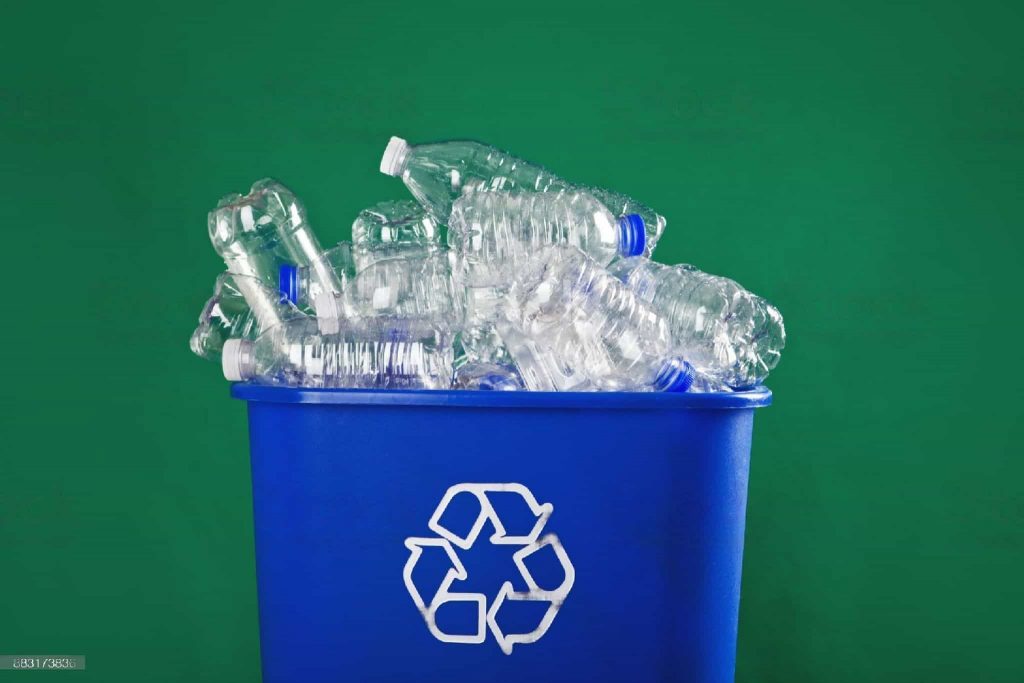
Plastic waste nowadays is used in the construction of roads. Plastic wastes can be used as a stabilizing agent in soil. Plastic wastes, when used in road construction, improve stripping resistance.
2- Structural Wastes

Demolition wastes are obtained from the destruction and removal operations of buildings. Large quantities of broken bricks, plaster, stucco, concrete, and natural building stones are available in large metropolitan areas where slum or building demolition programs take place.
Additional materials such as brick and stone can be made from abandoned or old broken roads, usually found in rural areas. These materials, depending on their quality, make an excellent base and subbase aggregate.
Structural waste materials from demolition and abandoned roads or buildings can be used as an aggregate material and as a very cost-effective material in road construction.
3- Recycled Asphalt Shingles
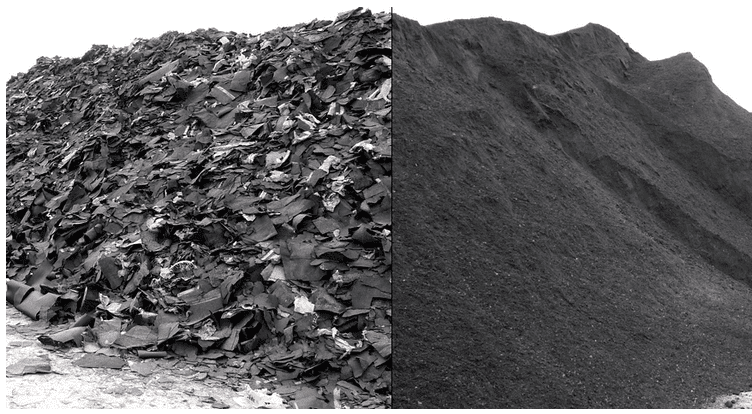
Recycled shingles are most often used in many construction projects, such as for paving projects, including public roads, driveways, and parking lots. Asphalt shingles are categorized into two groups first is fiberglass and the second one is organic shingles.
Both these types of recycled asphalt shingles are composed of varying rates of mineral fibers, mineral fillers, and hard rock granules in addition to asphalt cement, with an average percentage of 30% of the total mass.
4- Scrap tires

Crumbed rubber is used in many road construction processes. Crumb rubber, when used in road construction, has numerous advantages, such as it provides improved resistance on roads to avoid skidding.
Crumb rubber also provides asphalt mixtures with high shear strength, which enables the road to bear the traffic load and prevents the occurrence of rutting in the underneath pavement layers of the road.
Conclusion
The use of sustainable materials is significant from both environmental and economic perspectives. An increase in profit margins is possible through using new, non-standard materials and technologies in building and maintaining roads.
Popular FAQs
1. What is road construction, and what materials are typically used?
Answer –Road construction involves creating smooth, paved surfaces for vehicles to travel between two places. Common materials used include soil stabilizers, asphalt, concrete, and more.
2. How long does it take to plan and start road construction, and what factors influence the timeline?
Answer –The planning for road construction can span several months or even years, depending on the road’s size and complexity. Various factors impact the planning duration.
3. What types of materials are commonly employed in road construction projects?
Answer –Road construction materials encompass natural or processed soils, aggregates (fine or coarse), binders like lime, bituminous materials, cement, and additives to enhance road performance.
4. How have road construction materials evolved to become cost-effective and environmentally friendly?
Answer –The construction industry has adopted more eco-friendly and cost-efficient materials for road building as the industry has evolved and traffic has increased.
5. How are plastic wastes used in road construction, and what benefits do they offer?
Answer –Plastic waste serves as a stabilizing agent in soil, improving resistance against stripping in road construction.
6. What are structural wastes, and how are they utilized in road construction?
Answer –Structural wastes are obtained from demolishing buildings and include broken bricks, plaster, concrete, and natural stones. These materials can be cost-effective base and subbase aggregates in road construction.
7. How are recycled asphalt shingles incorporated into road construction, and what types are commonly utilized?
Answer –Recycled asphalt shingles, including fiberglass and organic varieties, are employed in paving projects, offering advantages such as enhanced road resistance.
8. What role do scrap tires play in road construction, and how do they improve road performance?
Answer –Scrap tires, in the form of crumb rubber, improve skid resistance on roads and enhance the shear strength of asphalt mixtures, preventing rutting in road pavement layers.
9. Why is the use of sustainable road construction materials important from economic and environmental standpoints?
Answer –Sustainable materials benefit both the environment and the economy by boosting profit margins and encouraging the adoption of innovative, non-standard materials and technologies in road construction and upkeep.



